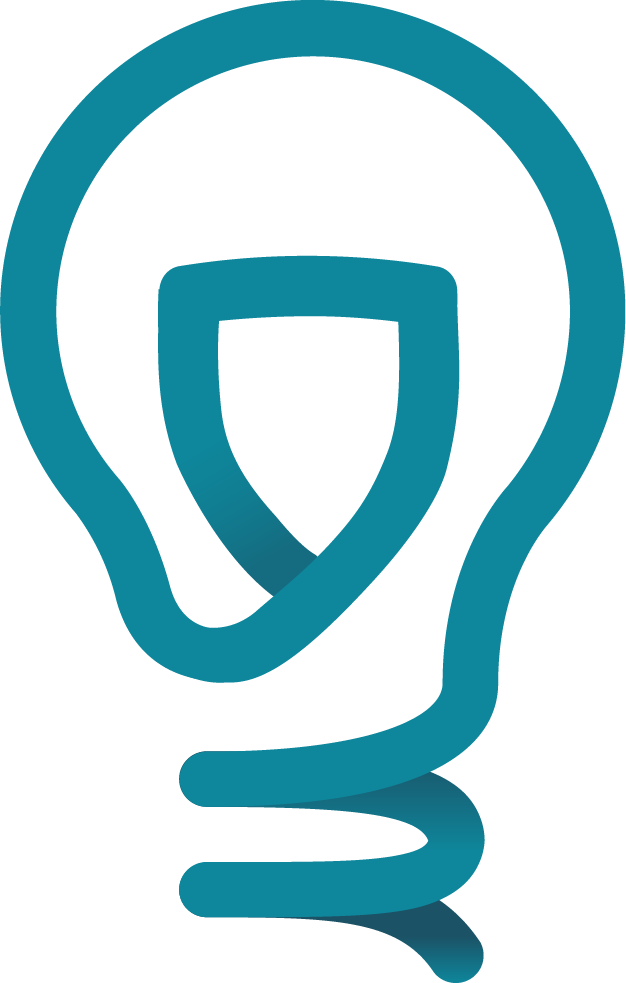Liz Kaye: Should I have Kids? Effective Altruism and Parenthood--Mutually exclusive or not?
Liz Kaye, elizabethkaye@college.harvard.edu
Effective Altruism (EA) is not just about figuring out which organization to donate to. As most things in life, it’s just not that simple. Being an Effective Altruist means making strategic choices by figuring out the most effective way to have a high, positive impact on the world. When it comes to making choices about where to donate, it is often relatively easy, with research, to see which programs are the most cost-effective and impactful. Keeping these criteria in mind, one example would be choosing to donate money to the Against Malaria Foundation over the Jimmy Fund. However, these decisions are seldom devoid of emotion, personal perspective and subjectivity. For instance, if somebody has little understanding of malaria or had a sibling who suffered from pediatric cancer, it may be tough for the individual to choose to donate to a malaria foundation over a children’s cancer fund.
Humans are irrational beings who often use heuristics that result in incorrect logic. However, being irrational and using these heuristics seem to be in many ways what make us human. I’d like to bring up an aspect of Effective Altruism out of the realm of charities: parenthood or, really, a lack of parenthood. Many still debate and struggle with the fact that EA is not a fully parenthood friendly organization. Children require lots of time and money, with needs extending from physical health, to mental wellbeing, to education. Some Effective Altruists would point out the very low likelihood that any given potential child, to whom a large sum of money is expended, would do more good than that same amount going towards the Against Malaria Foundation to save dozens, perhaps even hundreds, of lives.
Can I consider myself an Effective Altruist if I am clearly making decisions that are not always the most effective and impactful for the world around me? The answer is yes, at least it is in my opinion. How can it be? I’ll do my best to explain the paradox. Although much of EA is based on a calculation as it applies to the general population and the general good, there are times that EA decisions have to be made and understood in the context of the individual. For example, the longing and desire to have and raise a child, and the amount of fulfillment and joy a parent believes their child will bring them (and hopefully does bring them), may justifiably offset the cons of having a child over donating to the Against Malaria Foundation. If an individual makes the decision to not have a child because it is not the most cost-effective EA action to take, what effect will it have on that individual? If this life choice emerges from a cold calculation rather than a genuine humanistic choice, it likely portends a sense of great unhappiness and deprivation. It may be reasoned that this will negatively impact the individual’s desire to work hard in the future at being an Effective Altruist. In this case, having a child seems like a winner of a choice.
So, what do we do when we are struggling to make a decision where our personal wants interfere with our ability to do the greatest amount of good? The answer is think. Think a lot. Weigh options carefully. There is a thin veil between selfishness and the vital need for fulfillment. As an Effective Altruist , it’s up to you to figure out where that faint, grey line is, or in some cases to draw or redraw that line responsibly.
I’ll leave you with another little conundrum to think about…Do you really need to go on that long-awaited vacation? Is vacation a luxury or a necessity? Could you do without it, or is it a time in which you are refreshed, renewed and reinvigorated to get back to work on doing the greatest amount of good attacking the many sobering problems of our world? There are so many more questions to ask, but you can start challenging yourself with these kinds of questions. It’s tough, but you can work through it. Just remember, always weigh your options and keep your eye on that thin, grey line.
When it comes down to it, humans are often-selfish creatures who seek a sense of happiness for themselves. Sometimes they are irrational in the choices they make to achieve that sense of well-being. I think a major factor in deciding whether you should have a child is based on deep personal needs, desires, and priorities. This includes considerations of your own happiness and wellbeing and those around you that would be directly and indirectly impacted by your future child. There is strong evidence that altruistic deeds, such as prosocial spending, can increase one's happiness. So maybe there is some pragmatic answer that can satisfy the different tensions and motivations that drive us. Maybe you can have it both ways. If it’s integral to your happiness, take the parenthood plunge. But--remember to still commit to prosocial goals, even if you cannot afford to be quite as generous as if you were wealthier but childless. Also, raise that precious child, steeped in your values of doing good. Again, walk that fine line.
Many things to consider, trust me, I know. I have had many of these debates in my head. Debate yourself, talk to others. You’ll figure it out.
